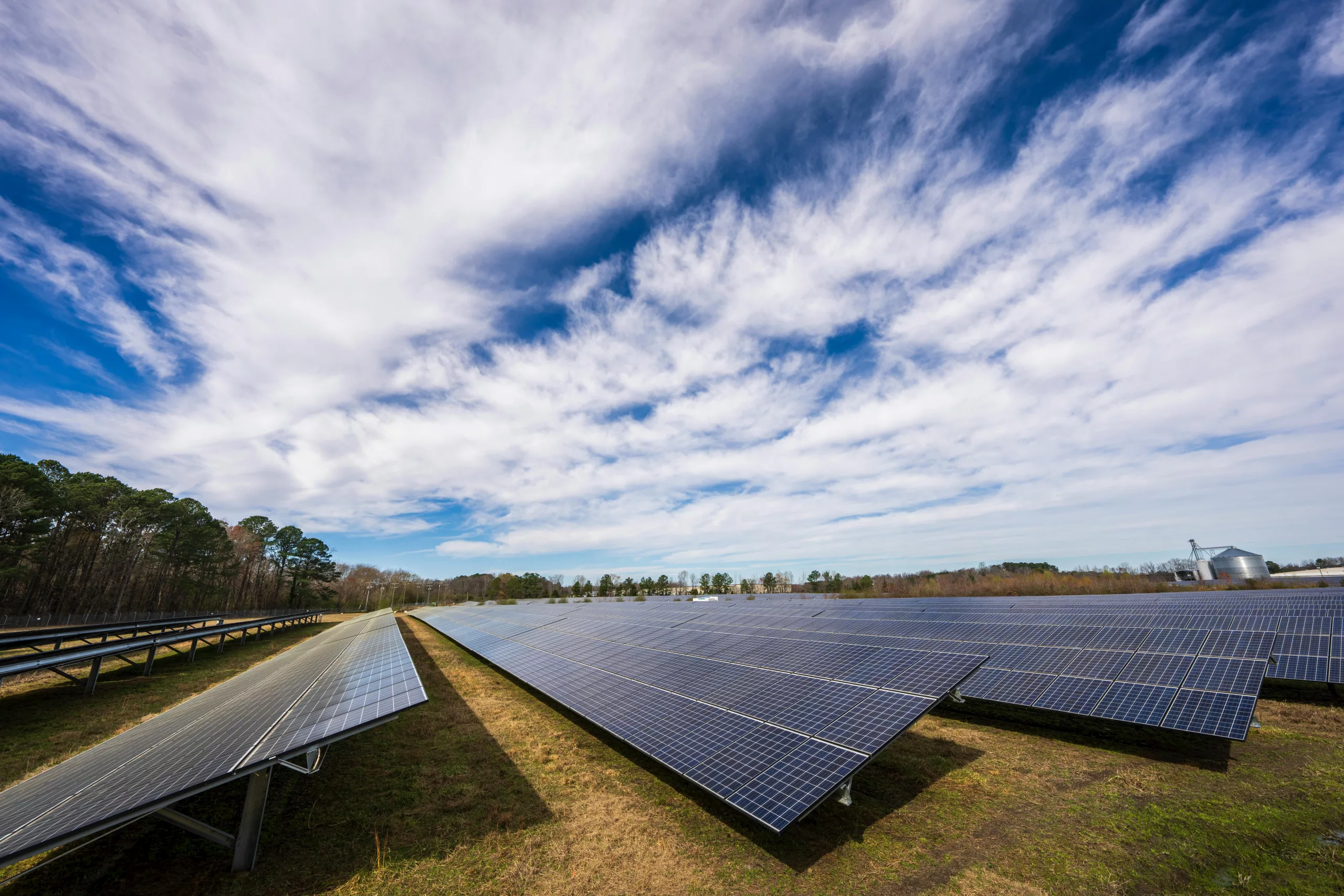There is a wealth of knowledge yet to be uncovered by the average person when it comes to technology, such as the intricacies of solar panel production and lifecycle. Many misconceptions are spread by those with vested interests in the fossil fuel industry, aiming to hinder the progress of renewable energy through dissemination of false information.
The Misrepresentation of Solar Panel Waste
Contrary to the alarming picture painted by some detractors, the threat of solar panel waste has been grossly exaggerated. While it is true that an increase in solar energy usage may lead to more waste from outdated panels, the scale is significantly less when compared to the waste generated by fossil fuels. What’s more, solar panel recycling is advancing, proving that renewable energy remains a sustainable solution.
The National Renewable Energy Lab Strikes Back
A report by the National Renewable Energy Lab (NREL) and the Colorado School of Mines published in Nature Physics directly counters the fear-mongering surrounding solar energy. Highlighting the minimal environmental impact of solar waste and the toxic misconceptions about solar panel materials, the research aims to provide a factual platform for decision-making in renewable energy policies.
Solar Panels: Safer Than You Think
It turns out that the most common solar panels carry almost none of the toxic materials they are often accused of containing. Furthermore, any potentially harmful substances are in such minuscule amounts that they pose no significant risk, especially with the advancements in recycling that can safely recover and repurpose these materials.
The Role of Public Perception and Misinformation
The way information is presented can significantly influence public opinion. Experts point out that negative claims about solar energy, even when unfounded, often have a disproportionate impact on public perception. This can hinder the adoption of renewable energy technologies despite their clear benefits for the environment and society.
Bridging the Knowledge Gap
Educating the public about the reality behind solar energy is crucial. Experts believe that clear communication and accessible research like the NREL report can help reconcile the disconnect between scientific knowledge and public concerns. It’s about changing the narrative from one of skepticism to one of understanding and support for cleaner energy sources.
Conclusion: The Bigger Picture in Renewable Energy
Relative to the larger environmental threats we face, concerns about solar panel waste are minimal. The fossil fuel industry’s long history of using distraction tactics is well documented, and the current discourse around solar waste is just another example of this. It’s essential to see through the smoke and mirrors and recognize the invaluable role of solar energy in combating climate change.
